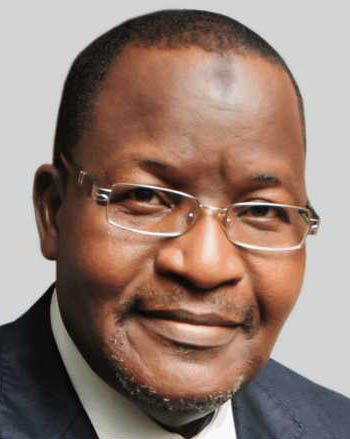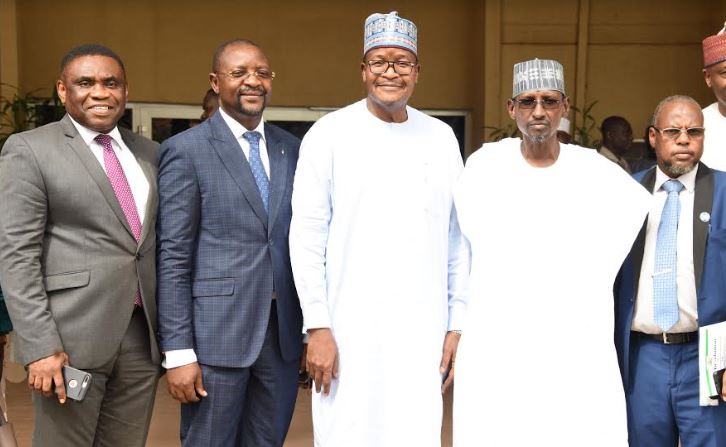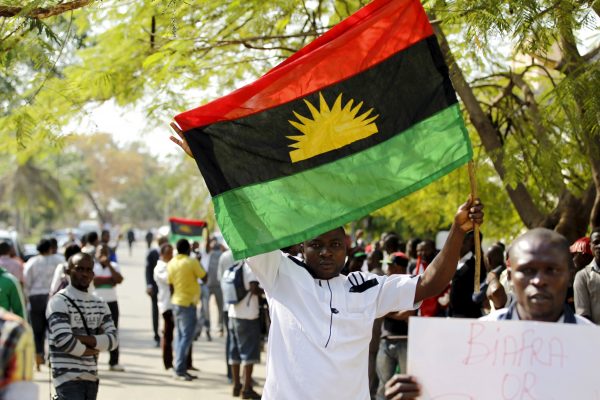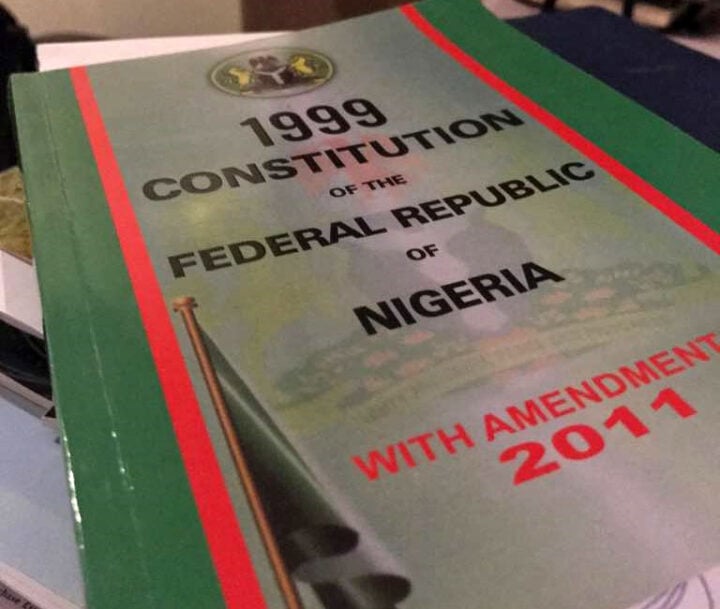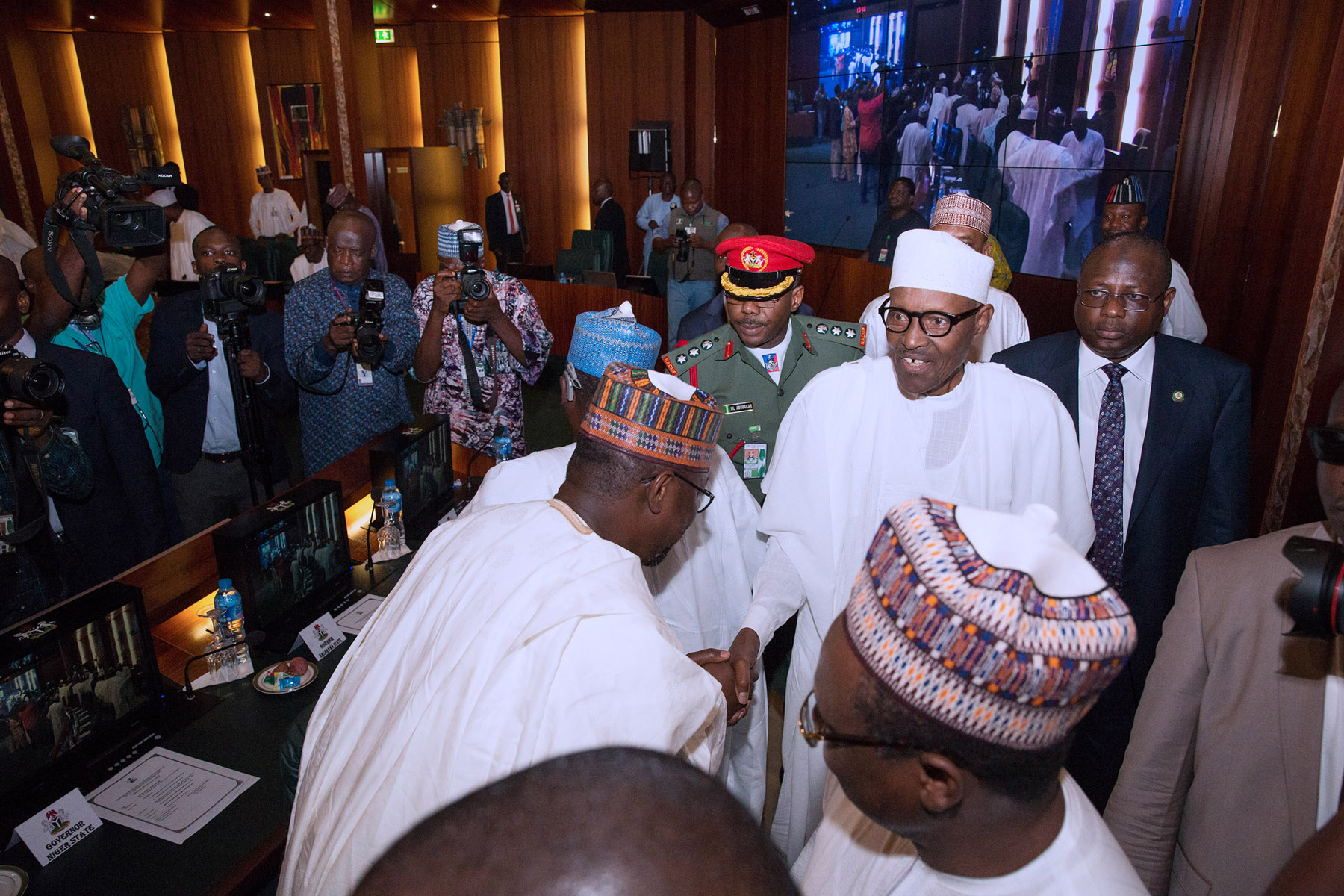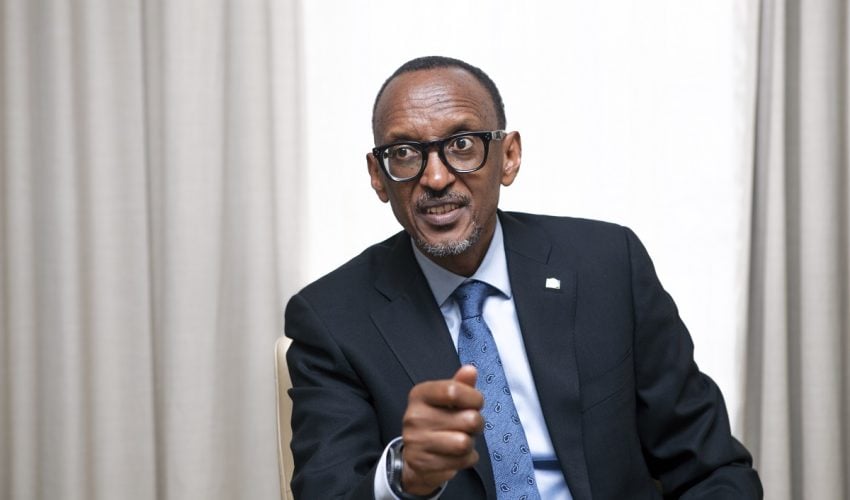On behalf of the Board of Commissioners, and Management of the Nigerian Communications Commission, express our profound appreciation to you, for sparing time out of your very busy schedule, to welcome us to your office today.
Sir, our visit today is driven by the need to partner, and seek cooperation of a very important Ministry whose role is central, and critical to the development of our country. It has become conventional that developments in capital cities, or territories, are used as index, or level of development of the entire nation. Therefore, we take any issues concerning our FCT, very seriously.
Telecommunications and ICTs have contributed their fair share to the development of our nation. The contributions of telecommunications to business, governance, security, commerce, and social relationship in Nigeria have become very significant. The number of mobile and fixed line subscribers have averaged 150 Million within the first six months of this year from January to June 2017. Access to the Internet stands at 92 Million as at June 2017, while ICT contributions to GDP is close to 10 per cent as at the same month. Telecommunications has attracted more than US$68 Billion in private sector investment since 2001.
Telecommunications is very vital in the administration of most major cities of the world. For the Federal Capital Territory of Abuja, which is the seat of the Nigerian government, housing the executive, the legislature and the judiciary, including most agencies of government, the role of telecommunication is very crucial in many respects. Telecommunications play a very vital role in the provision of adequate security surveillance and helping security agencies to keep the city free of crime. Telecommunications assist in the resolution of crimes and apprehension of criminals. Telecommunications is vital to the wellbeing of the residents of the city. Telecommunications is the basic foundation for e-governance, e-commerce, e-health, e-education, and all the ‘E’s. Telecommunications play vital role in the mobilization of the citizens for development. In many respects, telecommunications is a catalyst for development and administration.
Advertisement
With the advent of broadband, the telecommunications landscape has changed dramatically and Nigeria striving to keep pace. ITU has credited our strides with 21 per cent penetration of broadband. This is a major outcome of the Nigerian Communications Commission’s multipronged approach to leverage the inherent potentials of broadband technology, which is the future of ICT. This is why we have consciously highlighted the “facilitation of broadband penetration” as the flagship of our 8-Points Agenda to guide our strategic focus for five years. Our strategy in this direction is to facilitate and support availability of broadband services by promoting deployment of universally available, fast and reliable network infrastructure that will stimulate seamless broadband penetration to drive technology innovations and overall productivity of the economy.
It is interesting to note that FCT belongs to the first set of two zones, (North Central and Lagos,) where the Commission has issued fibre infraco licenses, to enable broadband deployments in all parts of the federation using the Open Access Model.
Honourable Minister Sir, a new phenomenon that will be of interest to your administration is the concept of smart cities. The Commission is part of ongoing discussions about how to implement smart cities. Urban planners, city administrators, policy makers, ICT experts, ICT vendors are looking at how better connectivity, better security, cyber security, predictive intelligence, better environment and control, including transportation infrastructure, could be integrated to provide smart solutions for the city residents. However, such cities can only exist where there are robust telecommunications and ICT infrastructure. It is in such cities that the futuristic Internet of Things, IOT, will become a reality. It is our desire, that our FCT, will in no distant future, belong to a class of such smart cities.
Advertisement
CHALLENGES
Given the status of the FCT today in the scheme of things, it ought to be the city with the best telecommunications connectivity. But the reverse is the case, and has been so for several years now. This presents us with the reality that our FCT has some challenges that may deny it the opportunity of the revolution in the ICT of the future. The Federal Capital Territory appears to have some of the most challenging issues with Quality of Service when compared with other cities across the country for reasons that we will highlight shortly.
Honourable Minister Sir, we have come because we believe that with the progressive style of your administration, these challenges will be resolved for the benefit of the government, the residents, and national telecommunications development.
Let us highlight some of the key areas:
Advertisement
COLLOCATION OF TELECOMMUNICATION BASE STATIONS IN THE FCT
Operators are willing to collocate but we are yet to receive collocation guidelines from the FCT. We request that NCC guidelines on collocation be adopted by the FCTA. Furthermore, the sites FCTA offered for collocations are not adequate and do not suit the technical specifications of the service providers. It is advised that service providers be involved in determining collocation sites to ensure that the identified sites meet network and radio frequency standards of all stakeholders. However, where it is ascertainable that collocation sites are not possible, FCTA is requested to approve stand-alone installations.
Unlike some major cities of the world where there are adequate high-rise buildings, which could have taken care of these installations, Abuja FCT is not endowed with these types of properties, thereby making stand-alone installations inevitable. We are aware that some of these installations may pose issues with environmental beauty, but these can be addressed through the type of systems deployed in the designated areas. The fact is that base facilities are indispensable for high quality service delivery as exemplified in developed parts of the world.
THE 2006 FEE REGIME OF THE FCTA
Advertisement
It was agreed in a meeting between operators, FCTA and NCC in 2006 that the FCTA and NCC will meet and harmonize positions on the astronomical increase in fees for building permits imposed by FCTA. This has not been done and operators have continued to receive bills from the Administration based on the 2006 rates. Therefore, we request your approval to establish a committee made up of officers of the FCT and the NCC to resolve issues relating to charges to ensure that rates agreed are cost based and comparable to what FCTA charges are, for other users of properties.
There is also a need to provide a legal backing for any new fee that will be agreed on.
Advertisement
RETROSPECTIVE FCTA LAWS THAT AFFECT TELECOM FACILITIES
Any law or policy by the FCTA that affect telecom facilities should not be made retroactive. We have observed that the fact that telecom services in the FCT were not envisaged during its initial planning has resulted in administrators approaching telecom facilities as a normal property, and visiting them with regulations that should not be applicable. We therefore requests that approval be given to all existing BTS in the FCTA except those that clearly pose a danger to its surrounding.
Advertisement
ACTIVITIES OF ROAD CONSTRUCTION COMPANIES IN THE FCT
Operators have complained to FCDA engineering department about frequent cuts of their fibre lines by road construction companies in the FCT. These frequent cuts of fiber have resulted in total loss of services by subscribers and have added to the problem of poor quality of service in the FCT. Despite the efforts put in by the engineering department of the FCDA to address the complaints, the cuts have continued unabated. Road construction companies should be enjoined to exercise extreme caution to ensure reduction or total elimination of fibre cuts. Already, the FCTA has the as-built drawings for all fibre deployments in the capital city. Construction companies should be made to take note of these drawings and also inform operators where necessary to enable them relocate their fibre. Companies that fail to adhere to this directive should be made to pay compensation or provide recompense for fibre damage in the cause of their work.
Advertisement
DELAYED APPROVAL FOR INSTALLATION OF BASE STATIONS/FIBRE DEPLOYMENTS
There are cases of applications for installation of base stations in Abuja that have been pending since 2014 and beyond. There are plethora of reasons why approvals are not granted, some of which are embedded in the issues raised above. Some are issues bordering on right of ways for deployment of fibre, where the costs are astronomical. Some states of the federation are already making efforts to ease the deployment of infrastructure in the interest of the overall development and citizen empowerment. We request you to find a solution in this regard as availability of infrastructure is key to quality of service and future growth.
We are aware that some joint committees between the Commission and the FCT have been discussing some of these issues but it would appear that these committees do not command the attention of the leadership, and therefore cannot resolve very critical issues. We invite your honour to look into the idea of setting up a very powerful joint committee whose recommendations would inspire confidence, and command implementation.
IMPLEMENTATION OF NATIONAL ECONOMIC COUNCIL RESOLUTION ON MULTIPLE TAXATION, LEVIES AND CHARGES ON ICT INFRASTRUCTURE IN NIGERIA
We have observed that FCDA has not applied the resolution of the National Economic Council resolution of March 2013 on multiple taxation, levies and charges for deployment of ICT infrastructure within the states and local governments in Nigeria. Some service providers have indicated that the FCTA collects more than 100 per cent of some charges prescribed in that resolution. We wish to call the attention of the Honourable Minister to this resolution and to passionately request that the document be communicated to the key officers of the Ministry for full implementation.
CONCLUSION
Honourable Minister, we are convinced that your administration, in tandem with the change mantra of the Federal Government, will be interested in facilitating or providing the FCT with the best telecommunications facilities and services available anywhere in the world. There may be need for the FCT to partner with the private sector to make some of these services available. It is obvious that telecommunications is capital intensive and government has meager resources to share, therefore the reason for the deregulation of the industry. Articulation and planning for smart cities, provision of ICT Parks, provision of ducts for deployment of fibre to homes, and such other initiatives are possible to be provided by the FCTA through Public Private Partnerships, PPP.
Honourable Minister, we sincerely believe that this visit will spur the ministry to give more than a passing look at potentials and opportunities that will make Abuja, our centre of unity, a cynosure of all eyes in few years to come.
On this note, the Honourable Minister, Distinguished ladies and gentlemen, let me once again thank you for giving us this opportunity, and for listening to us.
Thank you.
Being the speech of Danbatta during a visit to the office Muhammed Bello, FCT minister
Views expressed by contributors are strictly personal and not of TheCable.
Add a comment
